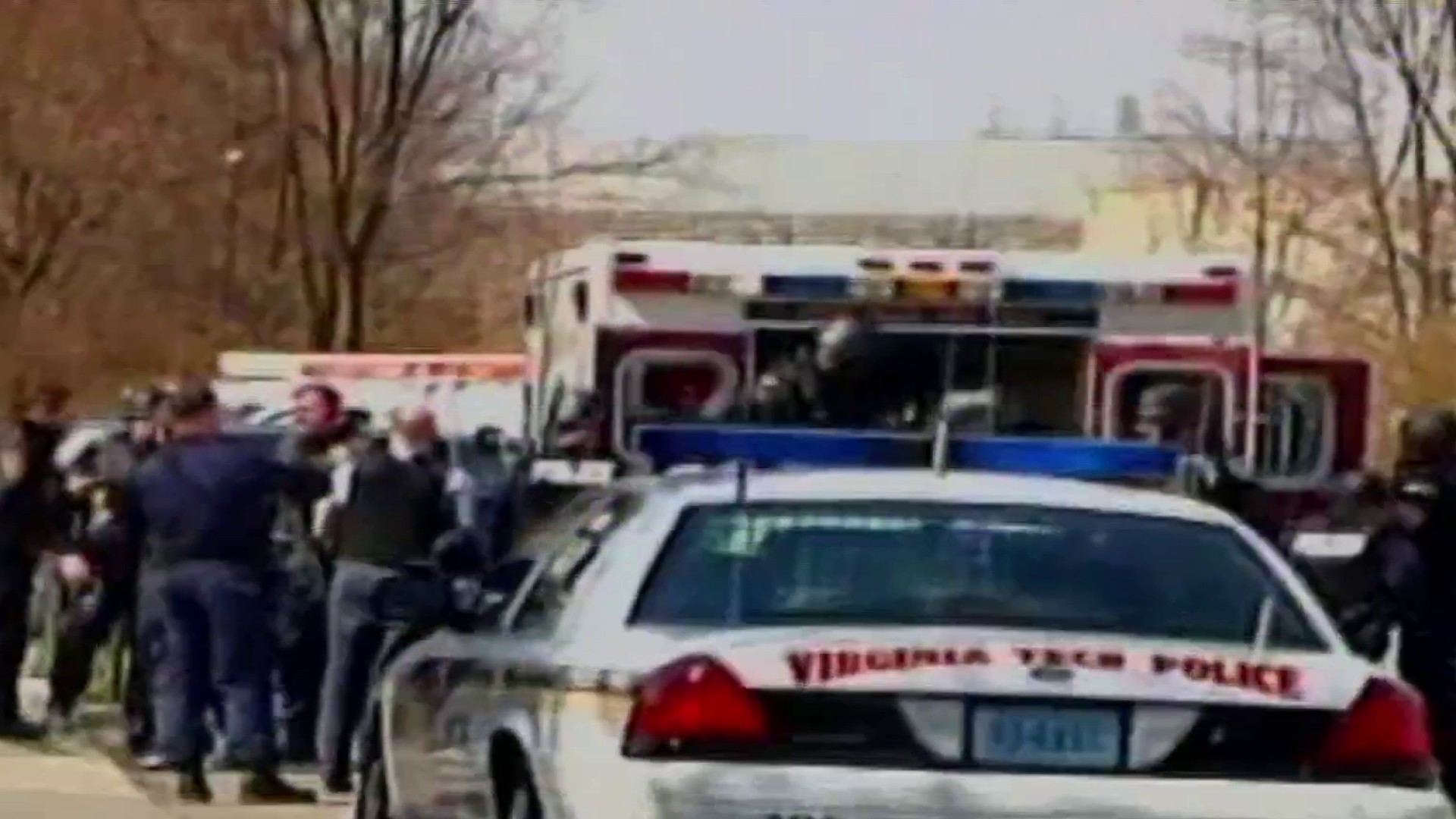A house on Capitol Hill that has been providing room and board to church and school groups for almost 50 years may have to close its doors.
“We consider ourselves to be a church,” William Penn House Executive Director Byron Sandford said. “I don’t know many hotels that worship seven days a week, have a spiritual program once a month.”
Since 1966, the William Penn House has been a place of prayer and peace just blocks from the U.S. Capitol. Like other churches, it was exempt from paying property taxes, but a few months ago the D.C. tax office sent the Quakers a letter revoking most of their tax-exempt status, which will cost them $18,000 per year in taxes.
“It could force us into making strategic changes of possibly selling the property and moving outside of the district,” Sandford said..
While nobody disputes the Quakers hold prayer services and do ministry work from the house, the district says the vast majority of the building is a hotel because they rent out beds. For $35 a night, you get a cot and breakfast.
It’s not a typical Capitol Hill hotel, and Sandford said it’s different from hostels, which do pay property taxes, because the vast majority of people who rent the beds are church and school groups in D.C. to do charity work as part of their education or ministry, which is exactly what Quaker houses are meant for.
“We have groups from all over the country of young people who have taken their own time and energy to raise money to come to Washington to try to to make a difference in the world and make a difference in their worl0064,” Sandford said.
Local
Washington, D.C., Maryland and Virginia local news, events and information
The Office of Tax and Revenue said it first alerted the Quakers of the problem in 2011 and issued the decision late last year.
“OTR issued a letter revoking the exemption on only that portion of the property used by the public for lodging, as such use is analogous to hotel use and as such cannot be exempt,” read a statement from the Office of the Chief Financial Officer. “That letter preserved the exemption for the portion of the property used for religious purposes.”
The Quakers could sue the city, or the D.C. Council could step in and give them a special exemption, but Sandford said they can't afford to sue and so far no council member has offered to help.



